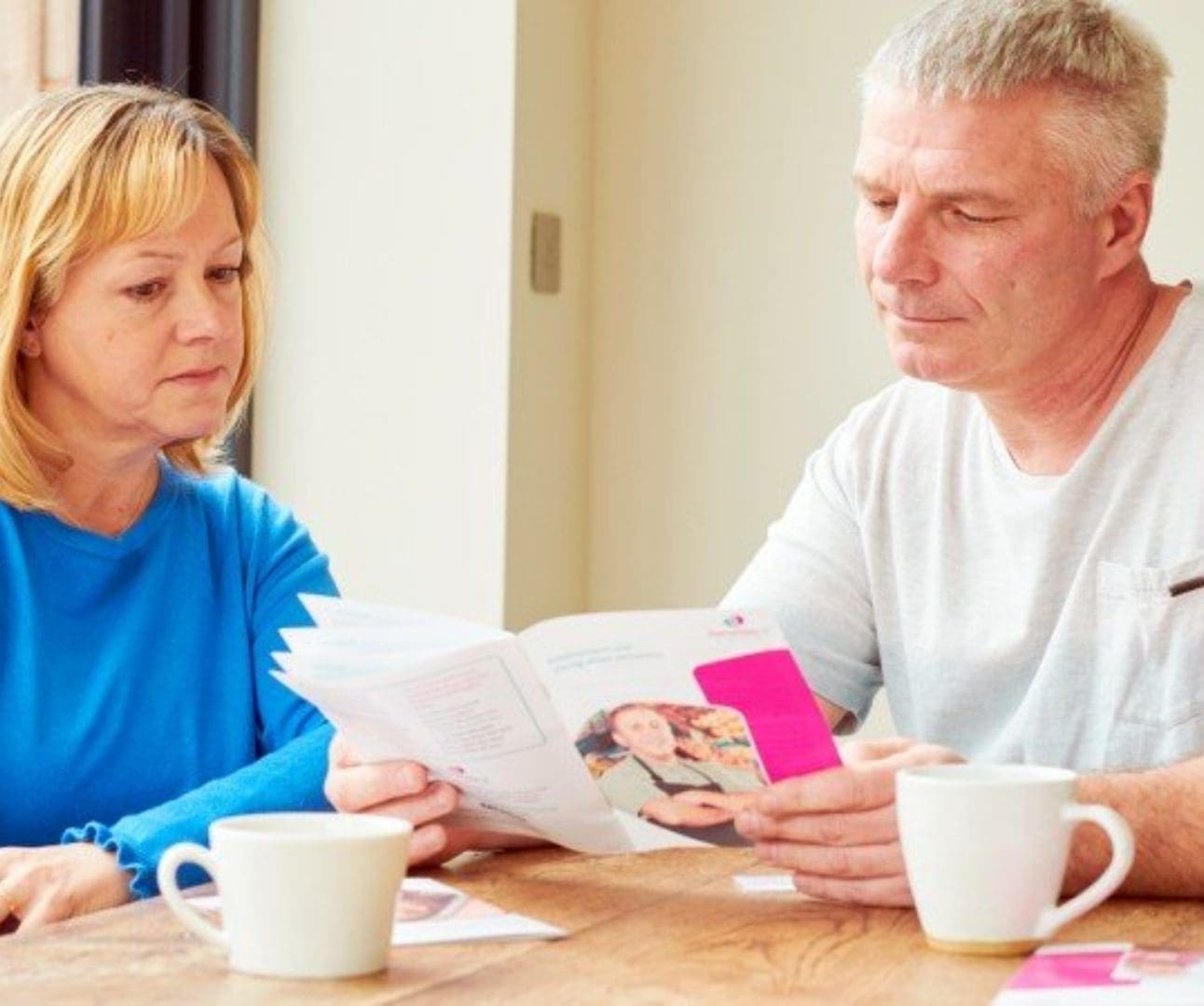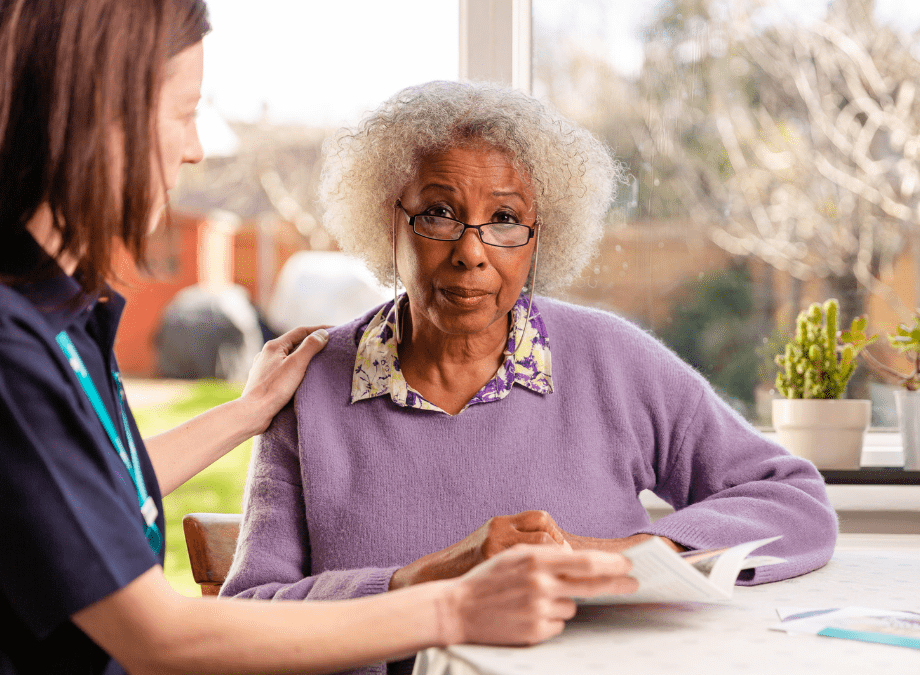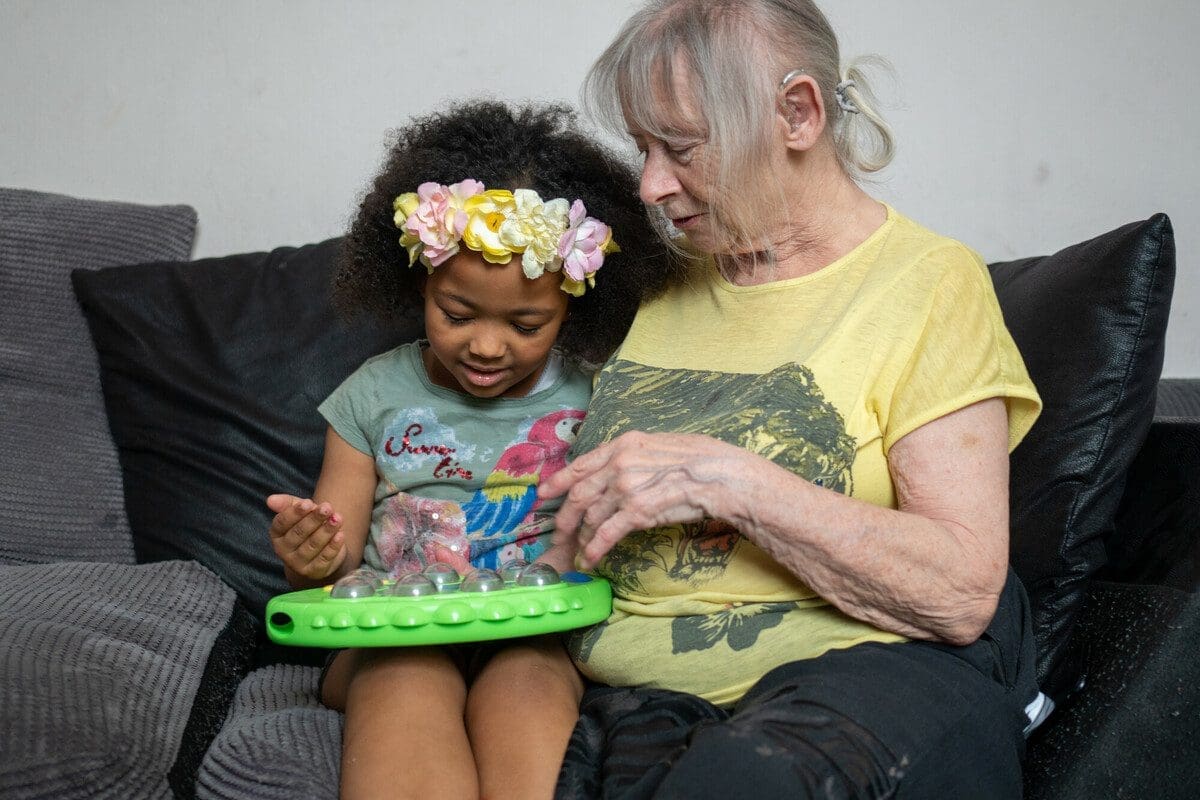
Young onset dementia
Information and resources about young onset dementia, where symptoms develop before the age of 65.

Peter was diagnosed with young onset Alzheimer’s disease in early 2015 aged 50. He lives with his wife Teresa and is now an avid cyclist.
My wife saw it in me in the early stages, if I’m being honest, I half knew it myself. It’s not like being ill-ill, I used excuses, told myself I had a lot going on, was writing down a lot of notes but then one day I had to go and pick my daughter up and realised I had no idea how to get out of town. I realised in myself that there was something wrong.
It took two to three years to get a diagnosis. They initially said it was depression, but eventually did memory tests and my score was low. When I was first diagnosed, I felt depressed, and we kept it a secret. I don’t know why looking back but it took a little over 18 months for us to tell people.
After diagnosis, you have a phase of “What do you do next?” and of depression and withdrawal. It hit me and my wife hard. We shut ourselves away and didn’t do a lot, but we came to the realisation that we had to make the best of it. We didn’t know anyone else my age who has dementia and there is no support for younger people in Suffolk. We went to a few dementia meetings, but everyone was much older than me and at a much later stage.
My writing has become virtually non-existent. I used to use measurements and do technical drawings in my work – that has completely gone.
With money, I know what a coin looks like but can’t add them up anymore. I have no idea how to do it. I get round it by using contactless cards. I can read a few lines but forget what I’ve read and have to go back up and down, so I don’t read a great deal now. I lose the plot or thread of television programmes or films, so I tend to watch wildlife documentaries instead. They are good because they don’t have a plot so I can just watch and enjoy them.
I began to find driving very difficult; there is too much information to process. I thought it better to stop as I felt I’d be a danger. I still cycle a lot though; I’ve got lots of different bikes, including a penny farthing, and I cycle in all weathers.
We have a large garden and I do the housework. With shopping lists, I put a box around each item to define it, otherwise they run into each other.
Our house has three doors, a front door, back door and glass doors. I’ve painted the end of each key a colour and have put a spot on the relevant door in the same colour, so I know which key goes in which door. It’s simple stuff but is a solution to a problem for me. The coloured dots on hot and cold taps gave me the idea.
I found with friends, when they find out you have the condition, they direct everything to my wife, and you are left out of the conversation. I give a little wave and say, “I’m still in the room!” but people don’t always understand. I want to try and raise awareness because if people speak to me in the street, they say, “You look so well.” What do they expect me to look like? I’m not ill!
We told the people in our village and they were very upset but now they realise that I’m still the same person. They’re very good in the village. It is a small community and I’ve lived here about 30 years and ran a local business, so people get to know you. If someone sees me with post in my hand, they will inevitably tell me where the post box is!
I find it peculiar, but I am still very articulate. And whilst I’m at this stage and can talk and communicate, I think it’s only right to help and reassure others. I’m very keen to speak about it. I find life has a different meaning now. If you meet others who live with the condition, you’re on the same level as them, things just click.
I don’t worry about the things I can’t do. There’s no point struggling. If you find skills and things you can do, then keep them up.
Since my diagnosis, I gave up work and cycling has become a real passion of mine. I cycle most days with my wife Teresa or with my friend Deb. With their support, I’ve done a number of cycle rides raising over £19,000 for charity. My first was a 300-mile ride from Aberystwyth to Aldeburgh; I then did my second challenge – another 300-mile ride – but this time on my penny farthing, and more recently I rode 1,500 miles over the winter months.
I’ve spoken at numerous dementia events, have taken part in podcasts and with Deb, wrote a book about a year of my life called Slow puncture, living well with dementia. The book focuses on how I live in the present and cope with having dementia and also describes dementia through Deb’s eyes and how her understanding of the condition has grown.
In 2019, I took part in the Channel 4 series ‘The Restaurant That Makes Mistakes’. I thought it would be a great opportunity to change people’s perception of dementia as well as raising awareness of the condition on a bigger platform. It gave me a real sense of purpose but mainly I just had a really great time.
I’m as fit as a fiddle. I’ve done all the things I should do to avoid dementia. But if I can do something and some good can come of it, that is what matters to me.
Peter was diagnosed with young onset Alzheimer’s disease in early 2015 aged 50. He lives in Saxmundham, Suffolk with his wife Teresa. Find out more about him on his website.

Information and resources about young onset dementia, where symptoms develop before the age of 65.

Help us raise vital funds, improve care and support for families facing dementia and spread the word about our specialist dementia nurses.

Sharing your story with Dementia UK can help to inspire and reassure others who may be going through similar things.